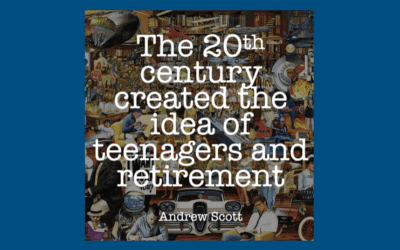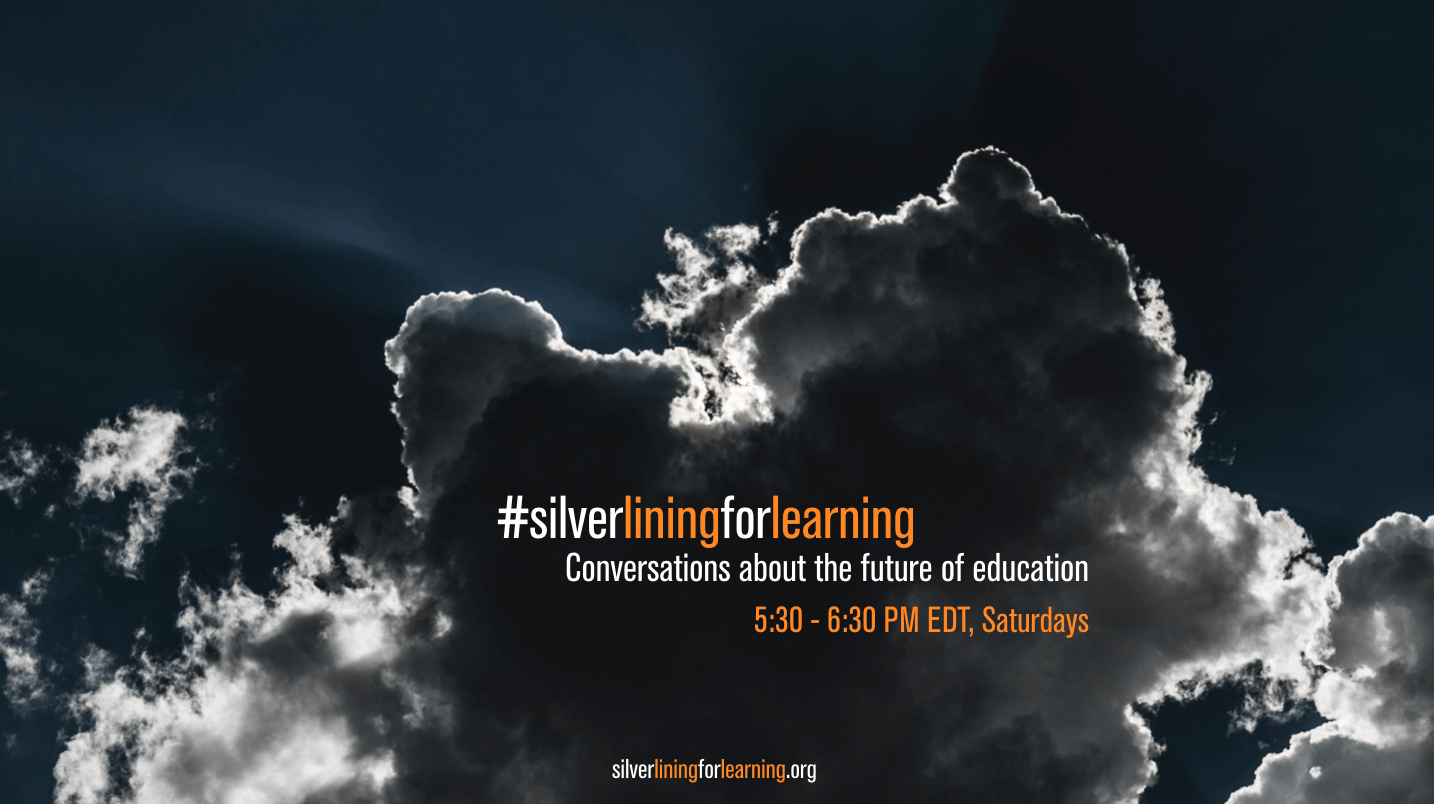I am in Paris as a part of EduSummIT: Building a Global Community of Policy-Makers, Educators, and Researchers to Move Education into the Digital Age. EduSummIT is organized by UNESCO (along with other partners) and brings together over 120 scholars, policy makers from over 40 countries. I am part of a Thematic Focus Group emphasizing 21st century learning. I will be posting more information here over the next few days but for now, I thought it may be good to include a couple of my related publications here.
Mishra, P., & Kereluik, K. (2011). What 21st Century Learning? A review and a synthesis. Paper presented at SITE2011, Nashville TN.
Abstract: The discussion of 21st century skills has become increasingly prevalent in educational discourse and several organizations have developed 21st century frameworks. This papers seeks to compare prominent 21st century frameworks to both provide clarity on what it actually means to teach and learn in the 21st century and to find common themes across frameworks.
Mishra, P., Koehler, M.J., & Henriksen, D. (2011). The Seven Trans-Disciplinary Habits of Mind: Extending the TPACK Framework Towards 21 st Century learning. Educational Technology, 51(2) 22-28.
Abstract: In this article we examine the need for fostering transformative learning, emphasizing the roles that trans-disciplinary thinking and recent technologies can play in creating the transformative teaching and learning of the 21st century. We introduce the Technological, Pedagogical Content Knowledge (TPACK) framework as a starting point for discussing the special kinds of knowledge, skills, and understanding that teachers require in order to become effective classroom mediators of transformative learning experiences. Within this framework, we propose seven cognitive tools needed for success in the new millennium, and describe examples of how teachers can repurpose digital technologies to use these cognitive tools. We explore the implications for research and practice.



0 Comments
Trackbacks/Pingbacks